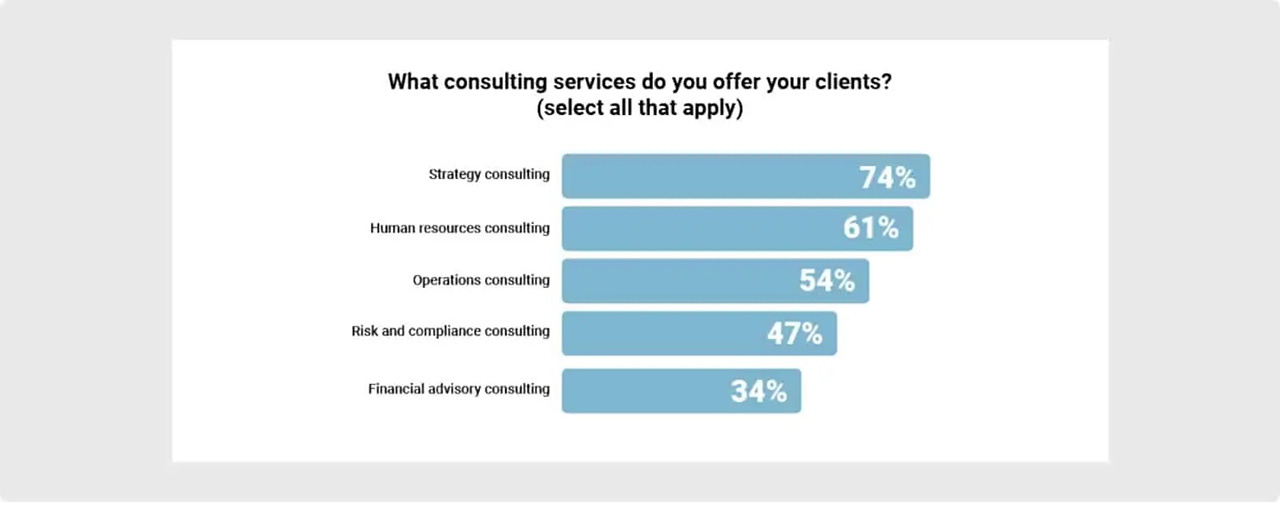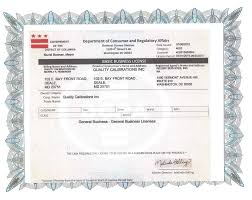
There are many factors to consider when you're weighing the pros and cons of in-house development versus outsourcing. Cost is an important consideration. Outsourcing can be a great way to save money and time, but can also mean that you can blow your budget. You may also run into a culture barrier when working with an offshore team.
Cost
Both outsourced and in-house methods of development can have their costs. Although in-house development is generally cheaper than outsourcing it requires a greater initial investment. It also entails hiring staff and paying for their benefits and sick days.
Outsourcing is less expensive than in-house development and can be more flexible. You don't have to rent a workspace. This allows you to scale up and down as needed. If necessary, you can change the outsourcing partner. Outsourcing also means that you'll be able to access untapped talent, no matter where it's located. In-house development offers greater control.

Benefits
Employing in-house programmers is a great way to ensure your company has complete control over software development. This allows you to make changes, improve product and offer support to customers. It also allows you to have a full team available to continue development after the product is released. This includes fixing bugs and updating the product. This will help you prepare for future products.
While hiring a developer from an outside company is more expensive, you can save money by hiring someone locally. You will have to invest your time in training, hiring, and onboarding. This can be time-consuming, and your project goals and requirements will determine how much. If you're planning on using the services for a longer period of time, hiring local professionals may be the best choice.
Shifting from technical ownership to product ownership
Agile methodologies can help you shift from product to technical ownership in your own development team. This method requires that a small team of people from different departments hold each other accountable for a project’s completion. By shifting from technical ownership to product ownership, a team can increase its budgeting flexibility and respond faster to market changes.
Moving from technical to product owner requires working closely with stakeholders, and building a team to build and manage products. Product owners must communicate their vision to all parties and keep them on the same page. They must be able understand the product's users and the tools and technologies they can use to meet their needs.

It can make it feel like a collaboration with an in-house group when you shift from product ownership towards technical.
By shifting from the product ownership to the technical phase of in-house development, you can make it more enjoyable. If done well, shifting to product ownership can make house development feel more like collaboration. Product changes and problems can be handled more easily when there is more than one person involved.
Toggl Plan, a project management software, can help you manage your projects. This online tool allows team members to collaborate and stores all pertinent information in one location. Toggl plan also offers clear visual cues that allow you to plan work according to team availability and workload. It lets team members collaborate and attach files to communicate.
FAQ
What happens when the consultant finishes his job?
After the consultant has completed the work, they will submit a final document detailing the results. This report will include project timelines and deliverables as well as any other relevant information.
After that, you'll go through the report and decide if it meets your expectations. If not, you can either request changes or terminate the contract.
What skills are necessary for consulting?
An effective consultant must have strong interpersonal skills as well as analytical skills. This is because you could be asked questions or not know what you are doing. This is a must because you need to learn how quickly you can manage people.
A strong communication skill is also necessary. Most clients expect to hear back within 24 hours. If they don't hear anything, it is likely that they aren't interested in you. It's crucial to keep them informed and make sure they understand everything.
What type of jobs can a consultant do?
A job as a consultant requires you to have an excellent understanding of business strategy and operations. Understanding how businesses work and their place in society is also essential.
Consultant work requires excellent communication skills and the ability to think critically.
Consultants need to be flexible as they might be assigned different tasks at different times. They must be able and willing to adapt quickly to changes in direction.
They must be prepared to travel extensively for the clients they represent. This type work can take them anywhere in the world.
They must also be able handle stress and pressure well. Sometimes, consultants may be required to meet strict deadlines.
Consultants may work long hours. You may not get overtime pay.
Do I need a degree to be a consultant?
It is best to study a subject well and then practice what you have learned.
Start studying today if you want the skills to be a great manager!
A degree without relevant experience may make it difficult for you to be hired. But, if your qualifications are comparable to those who have been hired, you might still be eligible to apply.
Employers will always seek out candidates who have real-world experience.
How does consulting differ from freelancing?
Freelancers, who are self-employed and provide services to clients without the need for employees, are independent contractors. They generally charge an hourly rate depending on how long they spend on a client project. Consultants usually work for agencies or companies that employ them. Their salaries are often paid monthly, or annually.
Because they set their own hours and prices, freelancers are often more flexible than consultants. Consultants, however, often have better benefits such as retirement plans, vacation days, and health insurance.
What is the cost of hiring a consultant?
The cost to hire a consultant depends on many factors. These include:
-
Project size
-
Time frame
-
Scope of employment
-
Fees
-
Deliverables
-
Other factors to consider include location, experience, and other considerations.
Statistics
- "From there, I told them my rates were going up 25%, this is the new hourly rate, and every single one of them said 'done, fine.' (nerdwallet.com)
- According to IBISWorld, revenues in the consulting industry will exceed $261 billion in 2020. (nerdwallet.com)
- My 10 years of experience and 6-step program have helped over 20 clients boost their sales by an average of 33% in 6 months. (consultingsuccess.com)
- WHY choose me: Why your ideal client should choose you (ex: 10 years of experience and 6-week program has helped over 20 clients boost their sales by an average of 33% in 6 months). (consultingsuccess.com)
- 67% of consultants start their consulting businesses after quitting their jobs, while 33% start while they're still at their jobs. (consultingsuccess.com)
External Links
How To
How To Find The Best Consultant?
It is important to first ask yourself what you expect from a consultant when searching for one. Before you start looking for someone to work with, it's important that you know your expectations. Before you start looking for a consultant, make a list. This could include things like; professional expertise, technical skills, project management ability, communication skills, availability, etc. Once you've listed out these requirements, then you may want to consider asking some friends or colleagues who they would recommend. Ask your friends and colleagues if they have had bad experiences with consultants in the past. Compare their recommendations with yours. Research online if you don’t already have recommendations. You can post reviews on your previous work experiences on many websites like LinkedIn, Facebook and Angie's List. Consider the ratings and comments of other candidates and use these data to start your search for potential candidates. Finally, once you've got a shortlist of potential candidates, make sure to contact them directly and arrange an interview. During the interview, you should talk through your requirements and ask them to explain how they can help you achieve those goals. It doesn't really matter if they were recommended; as long as they understand your business objectives, they will be able to show how they could help you achieve them.